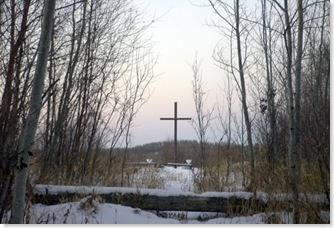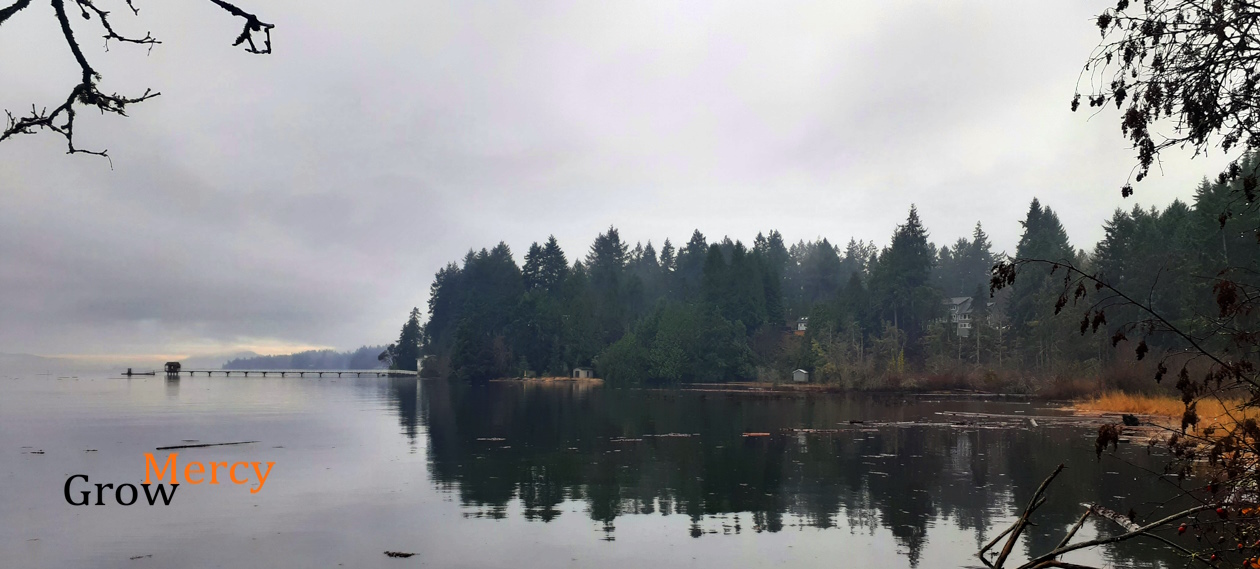It’s like we’re at the Longbranch in an episode of Gunsmoke and Jesus is at the bar and we’re at a poker table where the inevitable showdown is simmering and he turns to us and says, "Yeah you, I’m talkin’ to you." Or like the gospel of Luke has it, If you, even you, had only recognized on this day the things that make for peace!
The double-take is for me, for all of us. Why don’t we recognize the things that make for peace? It’s not because we don’t want peace; although what we mean by peace needs scrutiny. It’s not as though peace has not been fought for. After all, we kill in the name of peace–which is a beguiling irony.
The Universal Declaration of Human Rights was supposed to contain within it all the things that make for peace. And its implementation, through progressively effective social engineering was to make global peace a reality. And yet nothing remotely close has come about. Mary Robinson, the former U.N. Commissioner for Human Rights, lamented,
Count up the results of 50 years of human rights mechanisms, 30 years of multi- billion dollar development programs and endless high-level rhetoric and the general impact is quite underwhelming . . . this is a failure of implementation on a scale that shames us all.
The things that make for peace remain hidden from us–we don’t see them, because we are formed in envious rivalry. And this grasping desire is hidden from ourselves through our unique ability to always find the problem in another.  This is our original "sin." The sin in our cells.
This is our original "sin." The sin in our cells.
Recall for example your grade-school years. Recall the class dweeb, the misfit, the one teased to within an inch of his or her sanity. Think about how your own fear of being cast as the misfit compelled you to side with the oppressing group. Or think about the group that teased you, part of their identity was having you as a scapegoat.
The ostracism and expulsion of the grade school victim is simply a less sophisticated microcosm of what goes on in all cultures, socially and politically. Think about our own country’s expulsion of an entire culture in the name of an enlightened (Christian) civilization.
Even our peaceful institutions like our churches, our universities…are often maintained through the subterfuge of acquisitive desire. The marketplace subsumes all, sometimes even the best intentioned grass-roots activist organizations. We secure ourselves through the smoke of expulsion and victimization. And it is a heavy smoke we can’t seem to penetrate.
And yet, there is the presence of a persistent hope that humanity is not made for this kind of life-together, let alone its extinction. We are somehow structured for transcendence. But how then are we saved from ourselves? As deep as our unconscious current of rivalrous desire is, it is not deeper than the passion of Jesus.–who takes up freely the role of the victim so as to expose once and for all, our war-like ways, our bondage to violence. This exposure, this act of love and mercy, is why I remain a Christian, and why I continue to be passionate about passion week.

Thank you, Stephen, for your ruminations about peace. Excellent article.
Thank you David…and have a blessed and peaceful Easter.